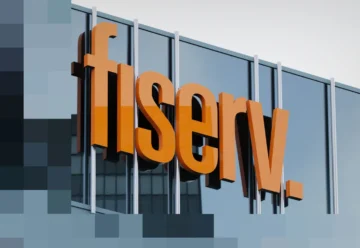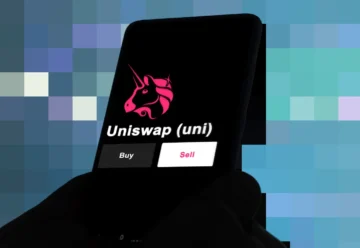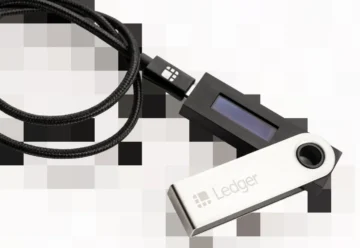Brazil to Test CBDC Compatibility with DeFi

Banco Central do Brasil (BCB) will test decentralized finance (DeFi) elements to accelerate tokenization adoption by local banks as part of a pilot project Drex, a central bank digital currency (CBDC).
Roberto Campos Neto, President of Banco Central do Brasil, said the CBDC pilot will have a multidimensional structure to address the “trilemma” of TradFi — low decentralization, privacy, and programmability. Neto said BCB will conduct a series of tests using Drex within the DeFi ecosystem, promoting the use of asset tokenization by local commercial banks.
Specifically, BCB’s pilot will test elements of CBDC decentralization by initiating digital asset transactions within liquidity pools for government securities and international trade finance.
The Drex pilot will also focus on compatibility with the DeFi ecosystem, elements of which will be implemented in the local banking sector. BCB aims to push the boundaries of DeFi by incorporating it into the regulated space and adapting it to the needs of the financial system.
According to the president of Banco Central do Brasil, the implementation of tokenization in the work of local TradFi institutions is a priority, so the development of Drex is closely related to it. BCB is actively testing the technology in collaboration with Open Finance. Neto noted that this approach will contribute to the growth of competition in the financial services market.
The pilot project of the Brazilian CBDC was launched in 2022. In 2023, the digital national currency was officially renamed Drex. In 2024, Banco Central do Brasil launched the second phase, in which large companies, consortiums, and local FinTech companies will test the financial capabilities of CBDCs.











